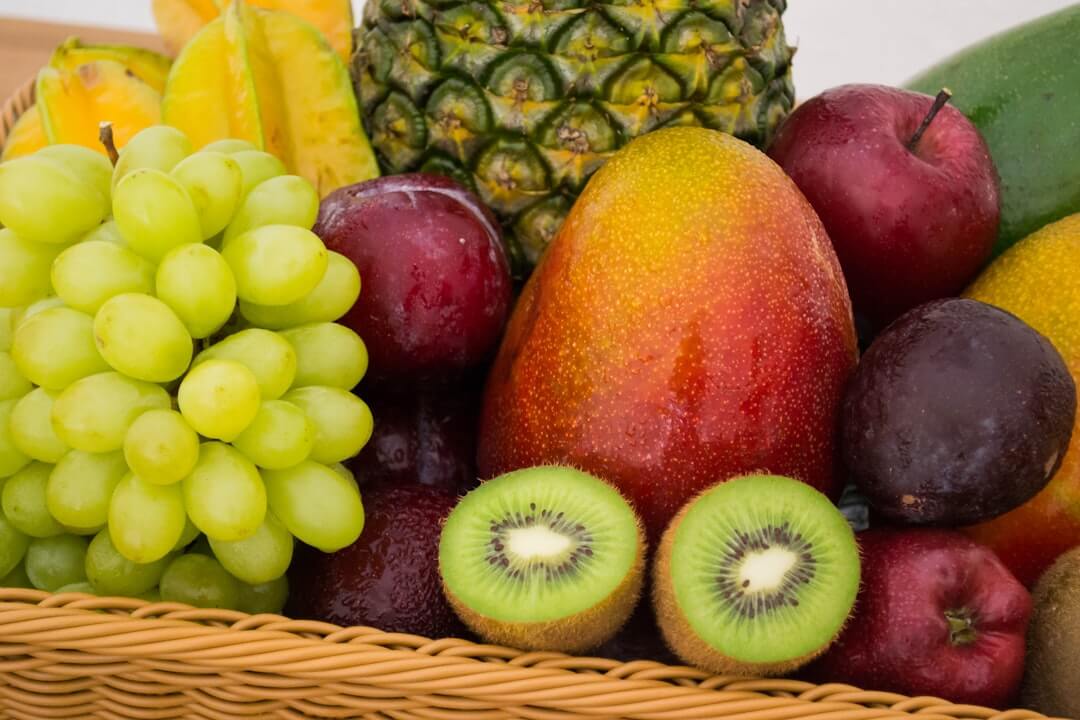Transitioning Kids to a Plant-Based Diet
By FireRoad
Transitioning kids to a plant-based diet can be a significant change for both parents and children. However, with the right approach, it can be a positive and healthy shift for the entire family. Plant-based diets emphasize the consumption of fruits, vegetables, whole grains, nuts, seeds, and legumes while minimizing processed foods, meat, and dairy products. The benefits of such a diet for kids' health, the environment, and animal welfare are well-documented.
The Importance of Nutrients in a Plant-Based Diet for Kids
One common concern when transitioning kids to a plant-based diet is ensuring they receive all essential nutrients for their growth and development. It's crucial to plan meals carefully to include a variety of foods that provide protein, vitamins, minerals, and healthy fats. Plant-based sources of protein, such as beans, lentils, tofu, and quinoa, can easily meet a child's daily protein needs.
Adding Flavors to Plant-Based Meals
Introducing new flavors and textures to kids can make the transition to a plant-based diet more exciting. Spices, herbs, and flavorful sauces can enhance the taste of meals and make them more appealing to children. Encouraging kids to participate in meal preparation and grocery shopping can also pique their interest and make them more willing to try new foods.
Plant-based diets can be rich in flavor and variety, offering a wide range of fruits, vegetables, grains, and legumes to explore. Experimenting with different cooking methods, such as roasting, grilling, or stir-frying, can create delicious and nutritious meals that kids will enjoy.
Ensuring an Adequate Intake of Protein
Protein is a vital nutrient for kids' growth and overall health. While meat and dairy products are commonly known sources of protein, plant-based alternatives can also provide an adequate amount of this nutrient. Including foods like chickpeas, nuts, seeds, and whole grains in a child's diet can ensure they meet their protein requirements.
Benefits of Fitness and Plant-Based Diets
Encouraging kids to adopt a plant-based diet can also promote their fitness and well-being. Plant-based foods are rich in essential nutrients that can support children's energy levels, muscle development, and overall physical health. Incorporating regular physical activity into their routine alongside a plant-based diet can further enhance their fitness levels.
Children who follow a plant-based diet may experience benefits such as improved digestion, reduced risk of chronic diseases, and better weight management. Plant-based foods are typically lower in calories and saturated fats, making them a healthy choice for growing kids.
Meeting Daily Nutritional Needs
When transitioning kids to a plant-based diet, it's important to ensure they receive all the necessary nutrients for their growth and development. Foods like leafy greens, fruits, nuts, and whole grains are excellent sources of vitamins, minerals, and antioxidants that support overall health. Planning balanced meals that include a variety of nutrient-dense foods is key to meeting kids' nutritional needs.
Tips for a Healthy Transition
Here are some tips to help make the transition to a plant-based diet smoother for kids:
- Involve children in meal planning and preparation.
- Offer a variety of colorful fruits and vegetables.
- Be patient and allow children time to adjust to new foods.
- Seek advice from a healthcare provider or nutritionist if needed.
The Delicious Side of Plant-Based Eating
Plant-based diets are not only nutritious but also delicious. Exploring new recipes and trying different plant-based ingredients can open up a world of culinary possibilities for kids. From smoothie bowls to veggie stir-fries, there are endless creative ways to incorporate plant-based foods into children's meals.
Creating Healthy Habits for Life
Transitioning kids to a plant-based diet can instill healthy eating habits that can last a lifetime. By exposing children to a variety of plant-based foods early on, parents can help them develop a positive relationship with nutritious eating. Teaching kids about the importance of food choices for their health and the environment can empower them to make informed decisions as they grow.
In conclusion, transitioning kids to a plant-based diet can be a rewarding journey that benefits their health, the planet, and animal welfare. By providing nutrient-rich meals, exploring new flavors, and promoting fitness alongside a plant-based diet, parents can set their children on a path to a healthy and sustainable lifestyle.











